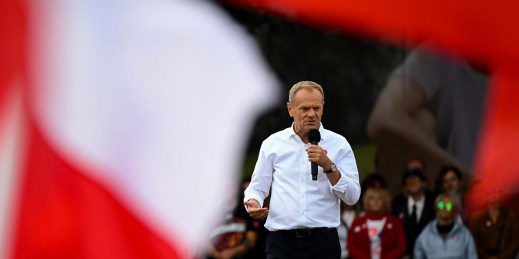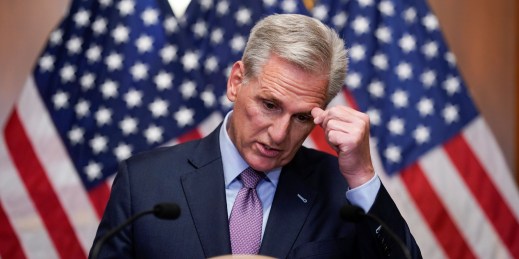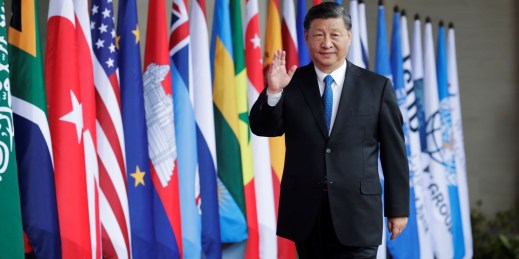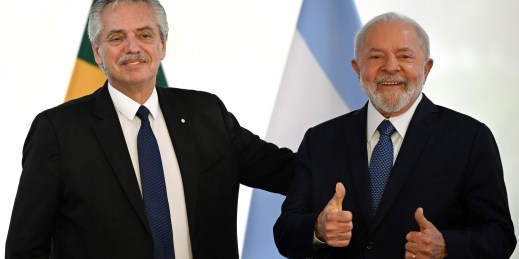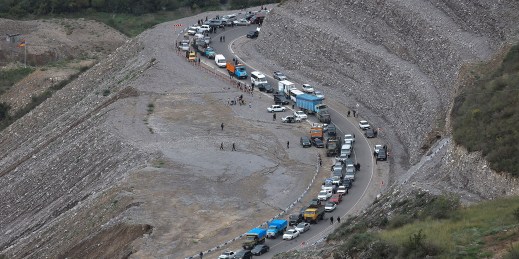
In the same week, Azerbaijan seized control of the Nagorno-Karabakh region in a lightning military advance and Serbia amassed troops on its border with Kosovo. The dual military crises, while concerning in and of themselves, also point to how the war in Ukraine is breaking down the international security order.

